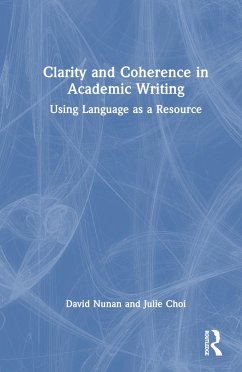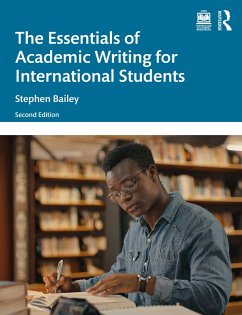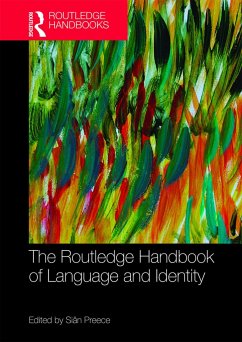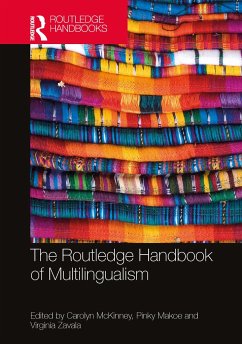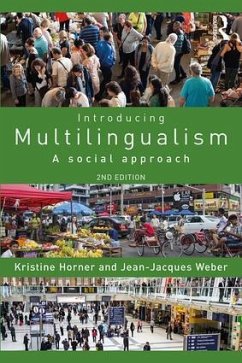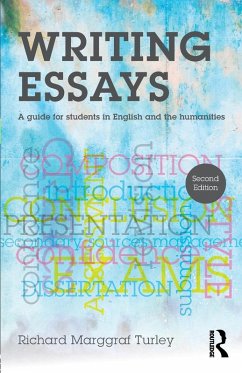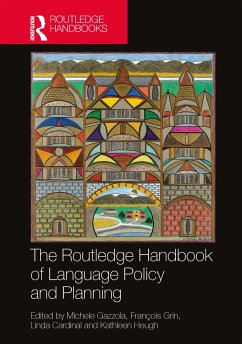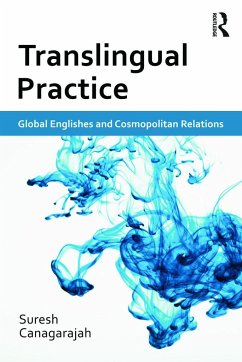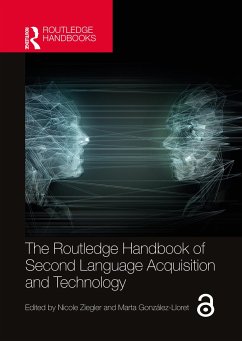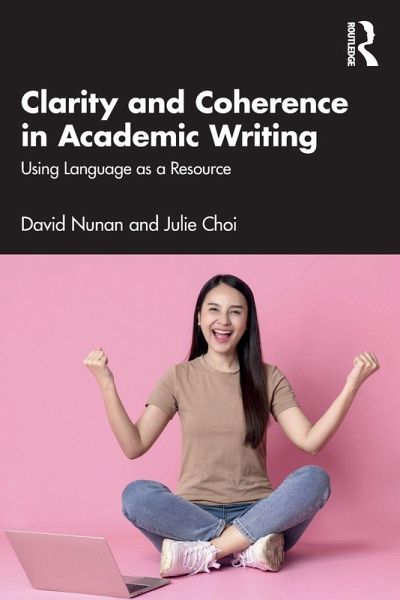
Clarity and Coherence in Academic Writing
Using Language as a Resource
Versandkostenfrei!
Versandfertig in 6-10 Tagen
30,99 €
inkl. MwSt.
Weitere Ausgaben:

PAYBACK Punkte
15 °P sammeln!
This book presents a lively, rich, and concise introduction to the key concepts and tools for developing clarity and coherence in academic writing. Well-known authors and linguists David Nunan and Julie Choi argue that becoming an accomplished writer is a career-long endeavor. They describe and provide examples of the linguistic procedures that writers can draw on to enhance clarity and coherence for the reader. Although the focus is on academic writing, these procedures are relevant for all writing. This resource makes complex concepts accessible to the emergent writer and illustrates how the...
This book presents a lively, rich, and concise introduction to the key concepts and tools for developing clarity and coherence in academic writing. Well-known authors and linguists David Nunan and Julie Choi argue that becoming an accomplished writer is a career-long endeavor. They describe and provide examples of the linguistic procedures that writers can draw on to enhance clarity and coherence for the reader. Although the focus is on academic writing, these procedures are relevant for all writing. This resource makes complex concepts accessible to the emergent writer and illustrates how these concepts can be applied to their own writing. The authors share examples from a wide range of academic and non-academic sources, from their own work, and from the writing of their students. In-text projects and tasks invite you, the reader, to experiment with principles and ideas in developing your identity and voice as a writer.





